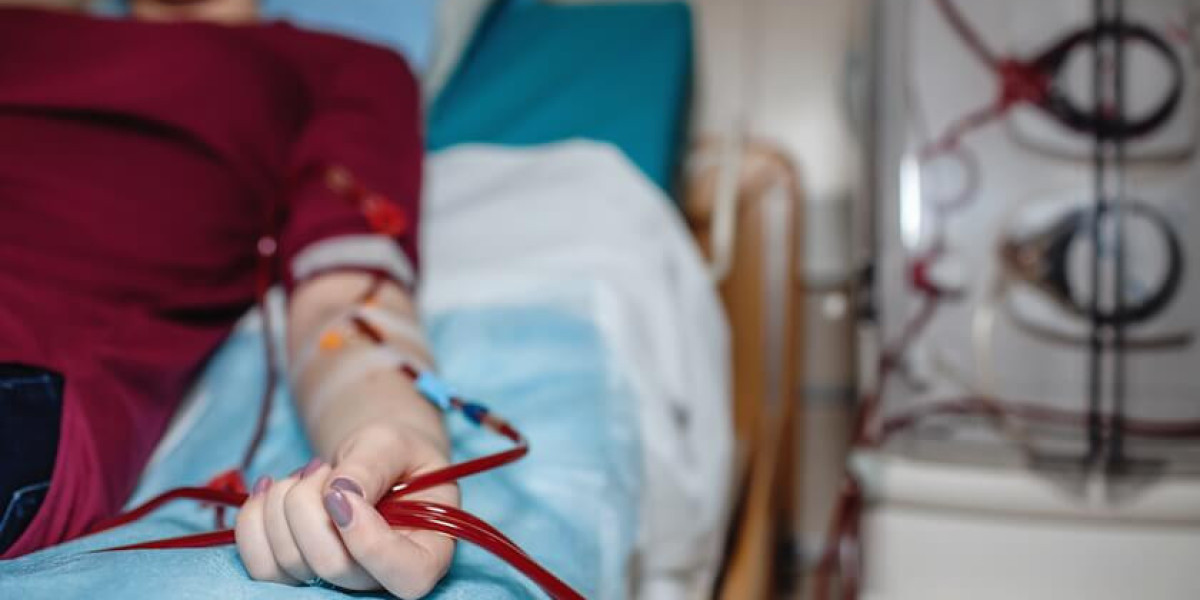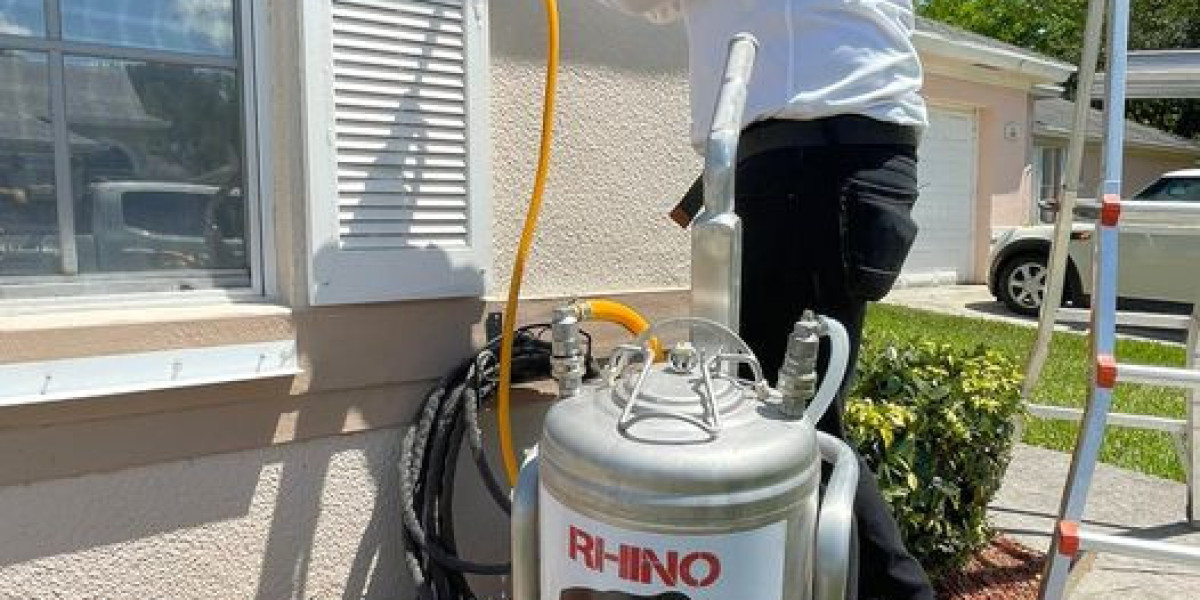Fistula surgery is a crucial procedure for individuals suffering from anal fistulas, a condition that can cause significant pain, discomfort, and difficulty in daily activities. If you are considering undergoing fistula surgery in Riyadh , it is important to understand the treatment options available, the process involved, and the potential benefits it offers in terms of pain relief. This guide will provide you with comprehensive information about fistula surgery in Riyadh, including the types of surgery, recovery expectations, and key factors to consider when choosing a clinic.
Understanding Fistula Surgery
Fistula surgery is designed to treat anal fistulas, which are abnormal connections that form between the skin and the anal canal. These passages typically result from an infection in the anal glands, leading to the formation of pus-filled abscesses. Over time, these abscesses may drain, causing persistent discomfort and pain. If left untreated, anal fistulas can lead to further complications, including chronic infections and incontinence.
1. What Is a Fistula?
A fistula is a tunnel-like connection that develops between two organs or vessels. In the case of anal fistulas, the abnormal connection forms between the anal canal and the skin surrounding the anus. This condition is typically associated with previous abscesses or infections in the anal glands, which may fail to heal properly.
2. Why Is Surgery Required?
Surgery is often the most effective solution for treating anal fistulas, especially if they are recurrent or do not heal with conservative treatments. Fistula surgery aims to remove or close the abnormal passage, preventing further infections and relieving pain.
Types of Fistula Surgery in Riyadh
Several surgical approaches can be used to treat anal fistulas, depending on the complexity of the fistula and the patient's individual health needs. Each type of surgery offers different benefits and recovery times, so it’s essential to discuss your options with a qualified healthcare professional.
1. Fistulotomy
Fistulotomy is the most common surgical procedure for treating anal fistulas. During this procedure, the surgeon will make an incision along the fistula tract to allow it to drain and heal naturally. This method is highly effective for simple fistulas that do not involve multiple branching pathways.
- Pros: High success rate and effective in treating uncomplicated fistulas.
- Cons: Recovery may take several weeks, and there is a risk of incontinence if the procedure affects the anal sphincter muscles.
2. Seton Placement
In cases where the fistula is complex or involves multiple tracts, a seton may be placed. A seton is a piece of surgical thread that is inserted into the fistula tract to keep it open. Over time, the seton will help to drain the fistula and promote healing. This method is often used for patients with high-risk or complex fistulas.
- Pros: Minimally invasive and can be used for more complicated fistulas.
- Cons: The patient may need several follow-up visits to monitor the healing process.
3. Flap Repair
In cases where the fistula involves a significant portion of the anal sphincter, a flap repair may be performed. This procedure involves using a piece of tissue from a nearby area to close the fistula tract and promote healing. This method is particularly effective in preserving the function of the anal sphincter and preventing incontinence.
- Pros: Helps preserve sphincter function and is effective for complex fistulas.
- Cons: More complicated and requires a longer recovery time.
4. Ligation of the Intersphincteric Fistula Tract (LIFT)
LIFT is a newer, minimally invasive procedure used to treat complex fistulas. During the LIFT procedure, the surgeon isolates the fistula tract and cuts it off from the sphincter muscles, allowing for better healing without compromising sphincter function. This method has gained popularity due to its lower risk of incontinence compared to other procedures.
- Pros: Minimally invasive, preserves anal sphincter function, and has a lower risk of incontinence.
- Cons: Requires specialized surgical skill and may not be suitable for all types of fistulas.
Choosing the Right Fistula Surgery in Riyadh Clinic
When choosing a clinic for fistula surgery in Riyadh, there are several key factors to consider. The clinic’s reputation, the qualifications of the surgeons, and the available surgical options are all crucial elements to evaluate when making your decision.
1. Reputation and Experience
It’s essential to choose a clinic with a strong reputation for successful fistula surgeries. Look for clinics that have experienced surgeons specializing in colorectal surgery or proctology, as they will have the expertise needed to perform your procedure safely and effectively.
2. Advanced Surgical Techniques
The best clinics in Riyadh will offer a range of surgical techniques, ensuring that you receive the most appropriate treatment for your condition. Whether you need a simple fistulotomy or a more advanced procedure like flap repair, the clinic should have the necessary equipment and expertise to deliver the best possible outcome.
3. Personalized Care
Every patient is different, and a reputable clinic should offer personalized care to address your unique needs. During your consultation, the surgeon should take the time to discuss your symptoms, medical history, and treatment options in detail, ensuring that you are comfortable with your surgery plan.
4. Aftercare and Support
Post-surgery care is crucial to ensuring a smooth recovery and preventing complications. Choose a clinic that provides comprehensive aftercare, including follow-up visits to monitor healing and address any concerns.
Recovery After Fistula Surgery in Riyadh
The recovery process after fistula surgery in Riyadh varies depending on the type of surgery performed and the complexity of the fistula. However, most patients can expect some level of discomfort and swelling in the days following the procedure.
1. Pain Management
Pain after fistula surgery is common, but it can usually be managed with over-the-counter pain medications or prescribed pain relievers. Your surgeon may also recommend sitz baths or warm compresses to ease discomfort and promote healing.
2. Activity Restrictions
Most patients are advised to take it easy for the first few days following surgery. Avoiding strenuous physical activity and heavy lifting is crucial to prevent complications and ensure proper healing. You may be able to return to work within a few days, but avoid sitting for long periods.
3. Wound Care
Proper wound care is essential to avoid infections and promote healing. Follow your surgeon’s instructions on how to clean the area and apply any topical treatments or dressings. You will also be advised to avoid tight clothing and excessive moisture in the affected area.
4. Follow-up Visits
Your surgeon will schedule follow-up visits to monitor your progress and ensure that healing is proceeding as expected. These visits are an important part of the recovery process, as they allow the surgeon to address any concerns and detect potential complications early.
Frequently Asked Questions (FAQs)
1. How long does it take to recover from fistula surgery in Riyadh?
Recovery time can vary depending on the complexity of the surgery, but most patients can expect to recover within 4 to 6 weeks. During this time, you should avoid strenuous activities and follow your surgeon's aftercare instructions.
2. Is fistula surgery in Riyadh painful?
While some discomfort is common after surgery, the pain can usually be managed with medication. The pain typically subsides after a few days, and most patients can resume normal activities within a couple of weeks.
3. What are the risks of fistula surgery in Riyadh?
Like any surgery, fistula surgery carries risks, including infection, bleeding, and in rare cases, incontinence. However, these risks can be minimized by choosing a reputable clinic and following all aftercare instructions.
4. Will fistula surgery in Riyadh cure the condition permanently?
Fistula surgery is highly effective, and most patients experience long-term relief. However, there is a small chance that the fistula may recur, especially if the condition is complex or if proper aftercare is not followed.
Conclusion
Undergoing fistula surgery in Riyadh can provide significant pain relief and improve your quality of life. By choosing a reputable clinic with experienced surgeons, personalized care, and advanced treatment options, you can ensure that your procedure is successful and your recovery is smooth. If you are struggling with the discomfort of an anal fistula, consult with a trusted clinic to explore your surgical options and take the first step toward relief









